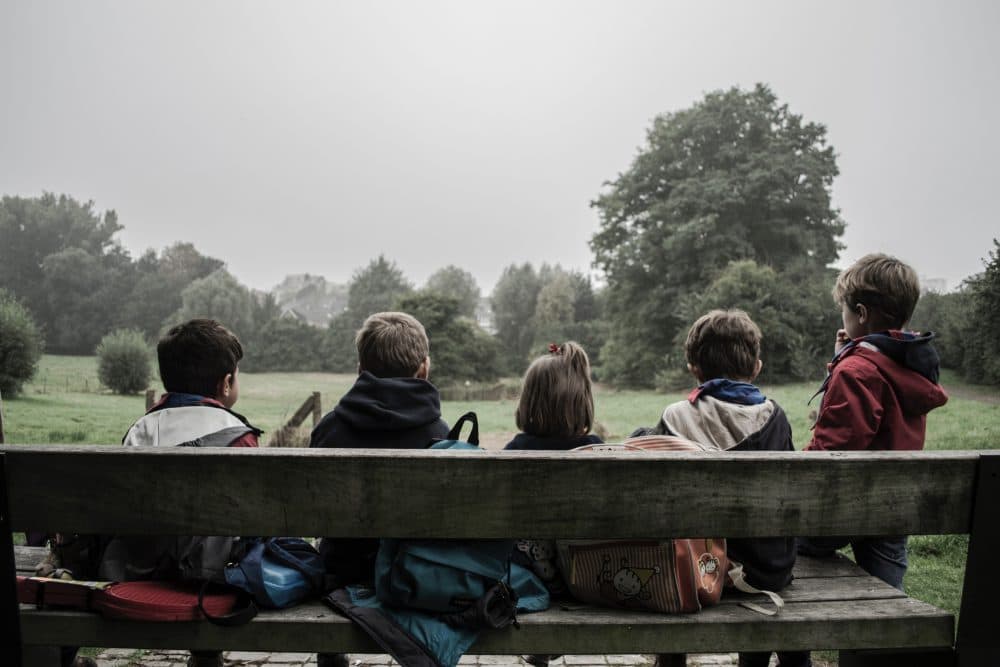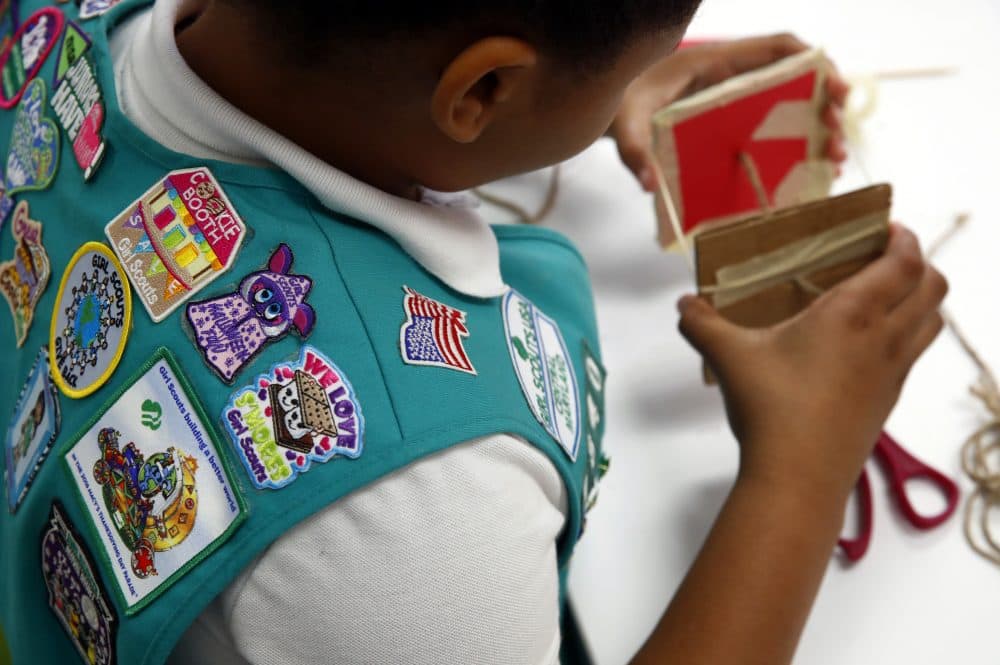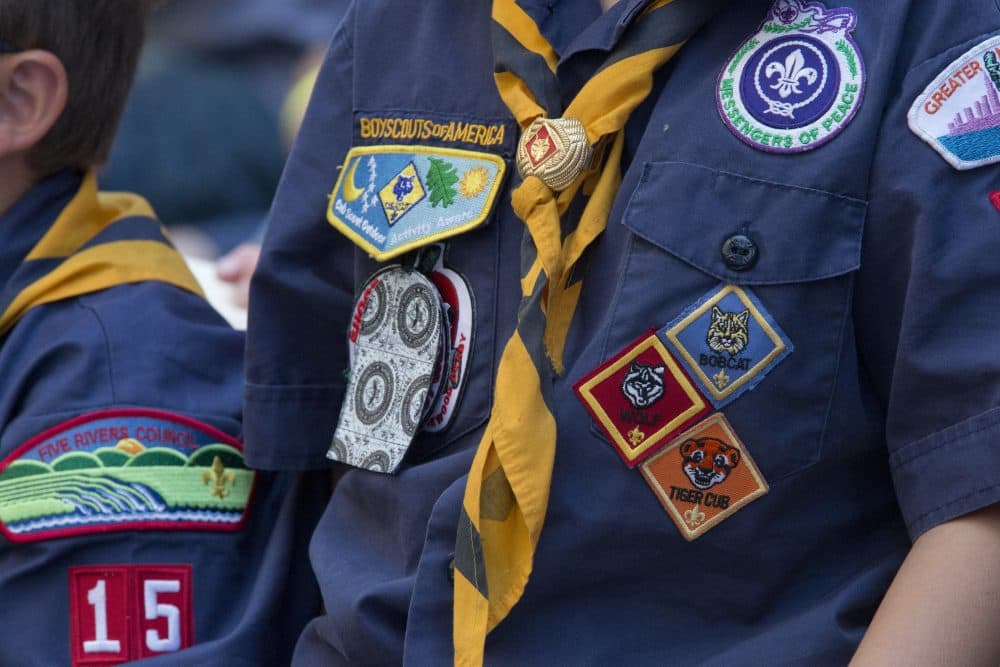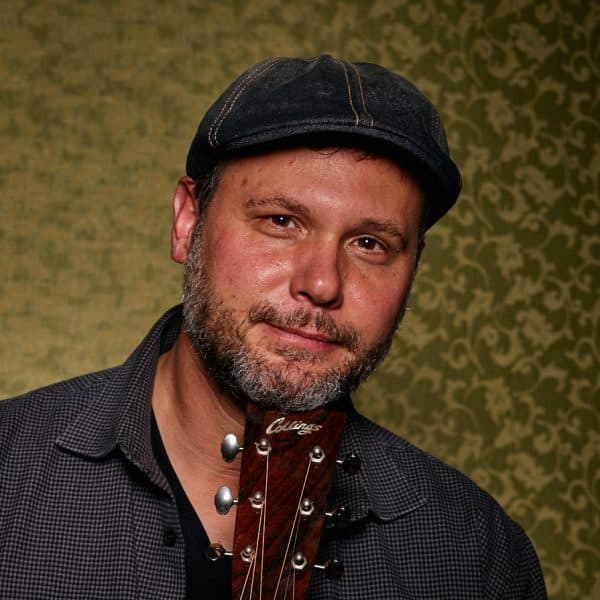Advertisement
Commentary
My Daughter, The Boy Scout

Last week, the Boy Scouts of America announced they were accepting girls into their ranks for the first time. It’s a big change in a big organization with big repercussions for a lot of American families — many of whom aren’t happy about the decision. But for my own family, it doesn’t change a whole lot: Our daughter’s been a Boy Scout for the past two years.
Let me explain…
We have twin 10-year-old girls. Both started out in Girl Scouts at age 6. For our daughter C, it was a good fit. While I wouldn’t call her a fervent scout, she’s always enjoyed the meetings and, especially, the camaraderie with other girls in her troop. Our other daughter, E, dropped out after a year. The activities on offer just weren’t her bag.
Last year, E announced she wanted to join the Boy Scouts. Our first reaction was to say no. We didn’t think it was possible and, even if it was, we were worried about invading a space reserved for boys. Don’t get me wrong: we’re up for a fight when it feels warranted. But since there is an alternative scouting organization exclusively for girls, it seemed fair enough that there be one for boys, too.

If E was transgender and wanted to join, we’d have fought for her on that front too. But she’s not. Though she presents in ways that most people regard as “boyish” (short hair, clothes off the boys’ rack), E is quite certain, at this point, anyway, that she is, in fact, a girl.
So, we said no.
Then we discovered there were at least two other girls already enrolled in our local Cub Scout troop. Not sisters tagging along on field trips, but girls in uniform, earning badges. How was this possible? Until last week, the Boy Scout’s policy on girls was clear.
As it turns out, there are two realities in the Boy Scouts: the national organization and their official policies, and the local and state organizations and how they choose to enforce those policies.
We soon learned that, long before the national Boy Scouts finally joined the 21st century by allowing gay boys and leaders into their ranks in 2015, the Boston-area Boy Scouts had already been doing so (albeit in a mostly “don’t ask, don’t tell” kind of way) for years. And, at least in some local troops, the decision to accept girls had apparently been made long before last week as well. It was all very much up to local leadership and their comfort level, but in our suburban Boston town, it was a settled matter.
Advertisement
"...those of us who support the empowerment of girls and women need to be able to hear each other. These issues are much bigger than scouting..."
My wife and I have been no big fans of the Boy Scouts over the years. They have been ridiculously slow to change their policies around orientation and identity. Boy Scout culture includes more militaristic trappings and focus on “Duty to God” than we’d personally prefer. But we let E join because we didn’t see any other good options nearby that would give her the kind of experiences she was craving.
Our twin girls are extremely different. C can be shy in groups and is sometimes reluctant to speak up for herself. The Girl Scouts have been a wonderful organization for her. Her troop’s focus on leadership, public service, STEM activities, bonding and crafts have been empowering and fun for her. And having a space alone with other girls, out of the shadow of the sometimes more raucous and domineering energy of boys, has likely been beneficial in her case.
For E, being in the Boy Scouts has been equally empowering. All the things she felt she couldn’t find in the Girl Scouts — at least through our local troops — she has found in the Boy Scouts: she’s gotten to chop wood, learned to use knives, gone on long hikes, slept in tents, built and raced pinewood cars, and shot rockets into the air. (All of which she could, theoretically, do in Girl Scouts; but activities depend largely on the interests of each troop’s leaders and participants, and in C’s troop and others near us, those activities aren’t as common.) Through Boy Scouts, E has also gotten to hang out with her closest friends, many of whom happen to be boys, and she’s taken obvious pride in proving to them that she can more than keep up on every challenge the Scouts have thrown her way.

And, I have to say, our local organization has been more than welcoming. They’ve been unblinking in their support of E and the other girls in the troop.
I fully understand and sympathize with the position of those pushing back against the Boy Scouts’ decision in the interest of girls. Many feel the Boy Scouts have ulterior motives and are simply trying to make up for dwindling numbers by encroaching on the Girl Scouts. They worry that, if Girl Scouts defect, those rare girl-only spaces that can be so empowering for certain kids will start to disappear.
I get this. In a society where girls and women continue to be marginalized, and where the Harvey Weinsteins and Bill O’Reillys of the world (not to mention certain presidents) continue to find refuge for their predatory behavior, these concerns are legitimate and well worth hearing.
But so are the concerns of my daughter, E. For her — and I suspect, for other girls like her — the Girl Scouts don’t always offer the kinds of approaches and activities she finds rewarding.
I can’t say with any certainty whether the Boy Scouts’ decision to go co-ed is ultimately a good or bad thing for our country. What I can say is that those of us who support the empowerment of girls and women need to be able to hear each other. These issues are much bigger than scouting, and no decision by either organization is going to fix the complex problems we continue to face as a nation. This country has a lot of work left to do around gender, orientation and identity. Those of us who care about these issues better grab our compasses and stick together, because we still have a long, uphill trek in front of us.
This segment aired on October 25, 2017.
